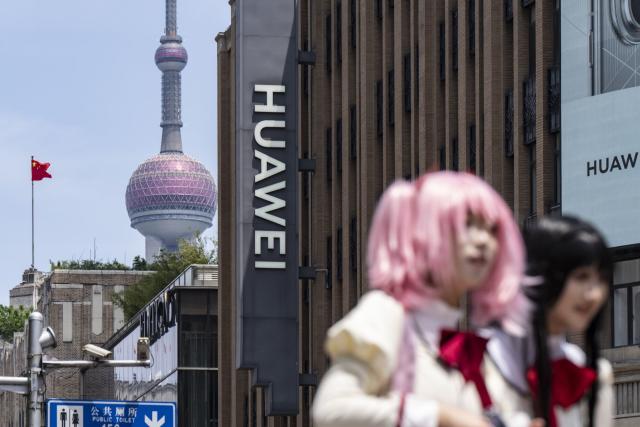
HUAWEI CHALLENGES NVIDIA IN CHINESE AI CHIP MARKET DOMINANCE, FOCUSES ON 'INFERENCE' TASKS


Photo Credit: Getty Images Japan's corporate landscape witnessed significant upheaval as Toyota...
Photo Credit: Getty Images Ford Motor Co. has marked a robust 16.3% year-over-year increase in...
Photo Credit: Getty Images A US federal judge has cancelled the upcoming trial of Boeing,...
Photo Credit: Getty Images KFC has revealed plans to create 7,000 new jobs across the UK and...
Photo Credit: Getty Images Volvo Cars has announced a sweeping plan to lay off 3,000 employees,...
Photo Credit: Getty Images DNA testing firm 23andMe has announced an agreement to be acquired by...
Photo Credit: Getty Images As President Donald Trump's tariffs impact the motor industry, UK-based...
Photo Credit: Getty Images Luxury fashion firm Burberry has announced potential plans to cut 1,700...
Photo Credit: Getty Images Nissan reported a significant annual net loss of $4.5 billion on...
Photo Credit: Getty Images Apple is reportedly weighing price increases for its upcoming iPhone...
Photo Credit: Getty Images Despite economic uncertainty and potential headwinds from US tariffs, IAG,...
Photo Credit: AFP Japanese auto giant Toyota predicted a 35 percent year-on-year drop in net...